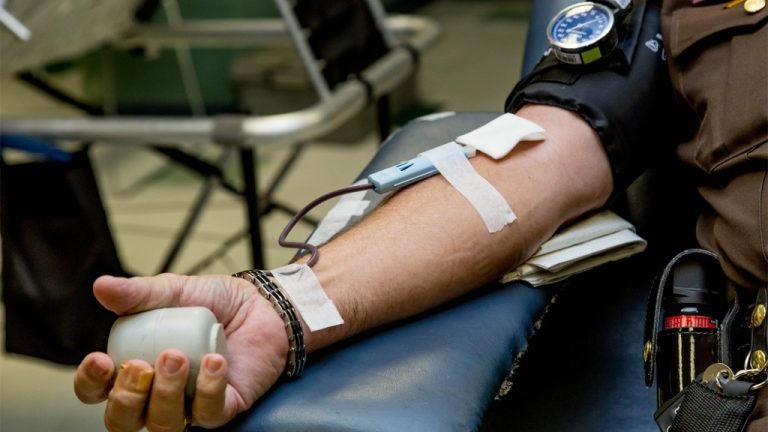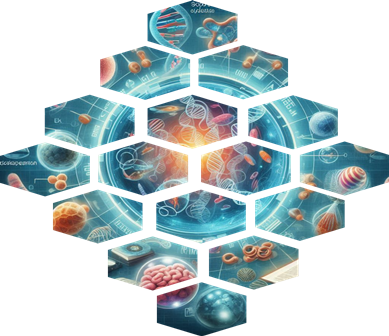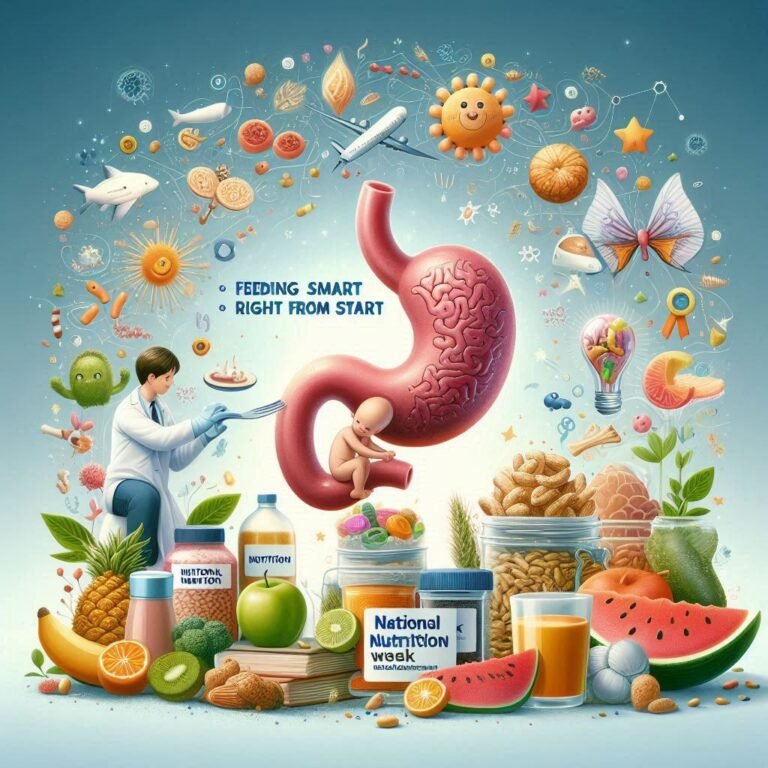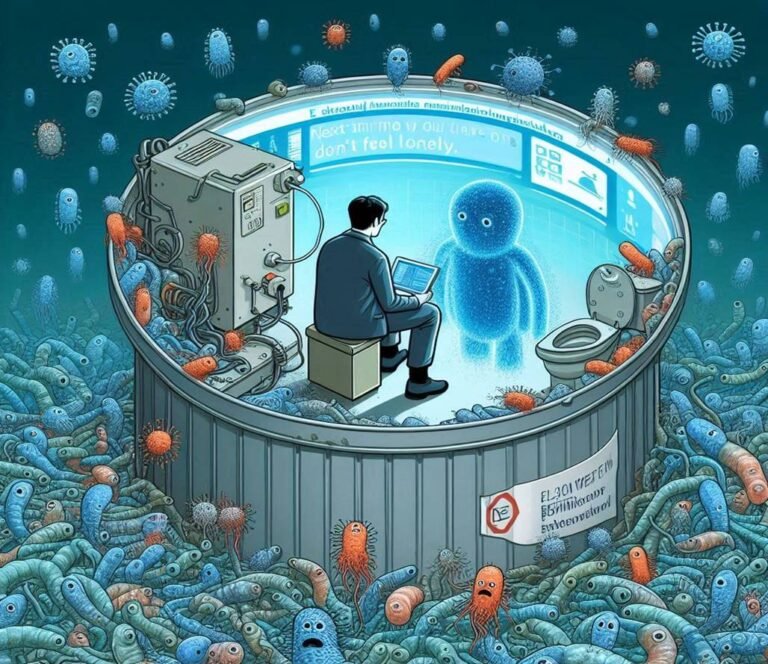Blood pressure is the force of your blood pushing against the walls of your arteries. Each time your heart beats, it pumps blood into the arteries. Your blood pressure is highest when your heart beats, pumping the blood. Normal blood pressure for most adults is defined as a systolic pressure 120 and and a diastolic pressure of 80.
- Top number (systolic pressure). The first, or upper, number measures the pressure in your arteries when your heart beats.
- Bottom number (diastolic pressure). The second, or lower, number measures the pressure in your arteries between beats.
You can have high blood pressure for years without any symptoms. Uncontrolled high blood pressure increases your risk of serious health problems, including heart attack and stroke. Fortunately, high blood pressure can be easily detected.
There are two types of high blood pressure.
Primary (essential) hypertension
For most adults, there’s no identifiable cause of high blood pressure. This type of high blood pressure, called primary (essential) hypertension, tends to develop gradually over many years.
Secondary hypertension
Some people have high blood pressure caused by an underlying condition. This type of high blood pressure, called secondary hypertension, tends to appear suddenly and cause higher blood pressure than does primary hypertension. Various conditions and medications can lead to secondary hypertension, including:
- Obstructive sleep apnea , Kidney disease , Adrenal gland tumors ,Thyroid problems
- Certain defects you’re born with (congenital) in blood vessels
- Certain medications, such as birth control pills, cold remedies, decongestants, over-the-counter pain relievers and some prescription drugs , Illegal drugs, such as cocaine and amphetamines
Risk factors
High blood pressure has many risk factors, including:
- Age ,Race, Family history ,Being overweight or obese ,Not being physically active ,Using tobacco.
- Too much salt (sodium) in your diet ,Too little potassium in your diet ,Drinking too much alcohol.
- Stress ,Certain chronic conditions.
Complications
The excessive pressure on your artery walls caused by high blood pressure can damage your blood vessels as well as your organs. The higher your blood pressure and the longer it goes uncontrolled, the greater the damage.
Uncontrolled high blood pressure can lead to complications including:
- Heart attack or stroke ,Aneurysm ,Heart failure ,Weakened and narrowed blood vessels in your kidneys.
- Thickened, narrowed or torn blood vessels in the eyes ,Metabolic syndrome, Trouble with memory or understanding.
- Dementia.






